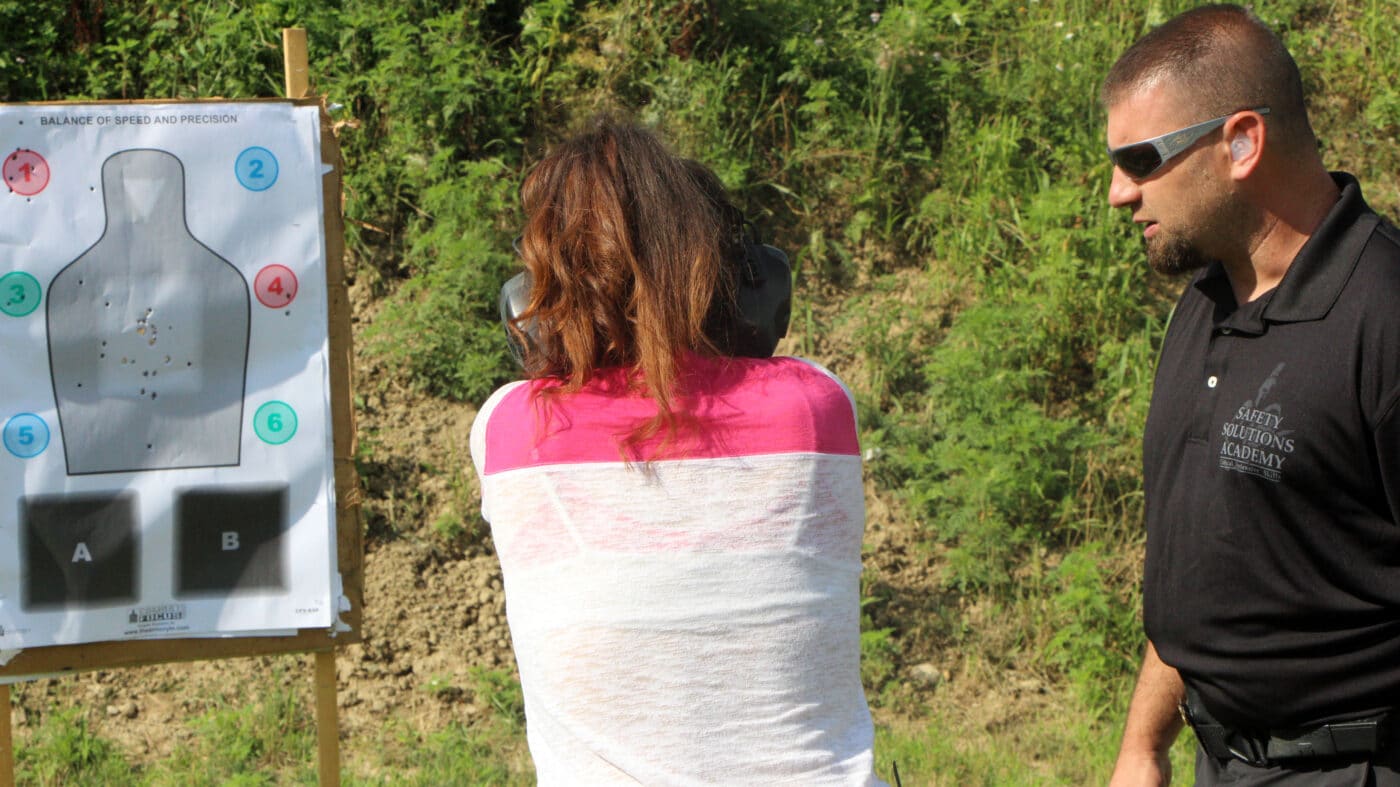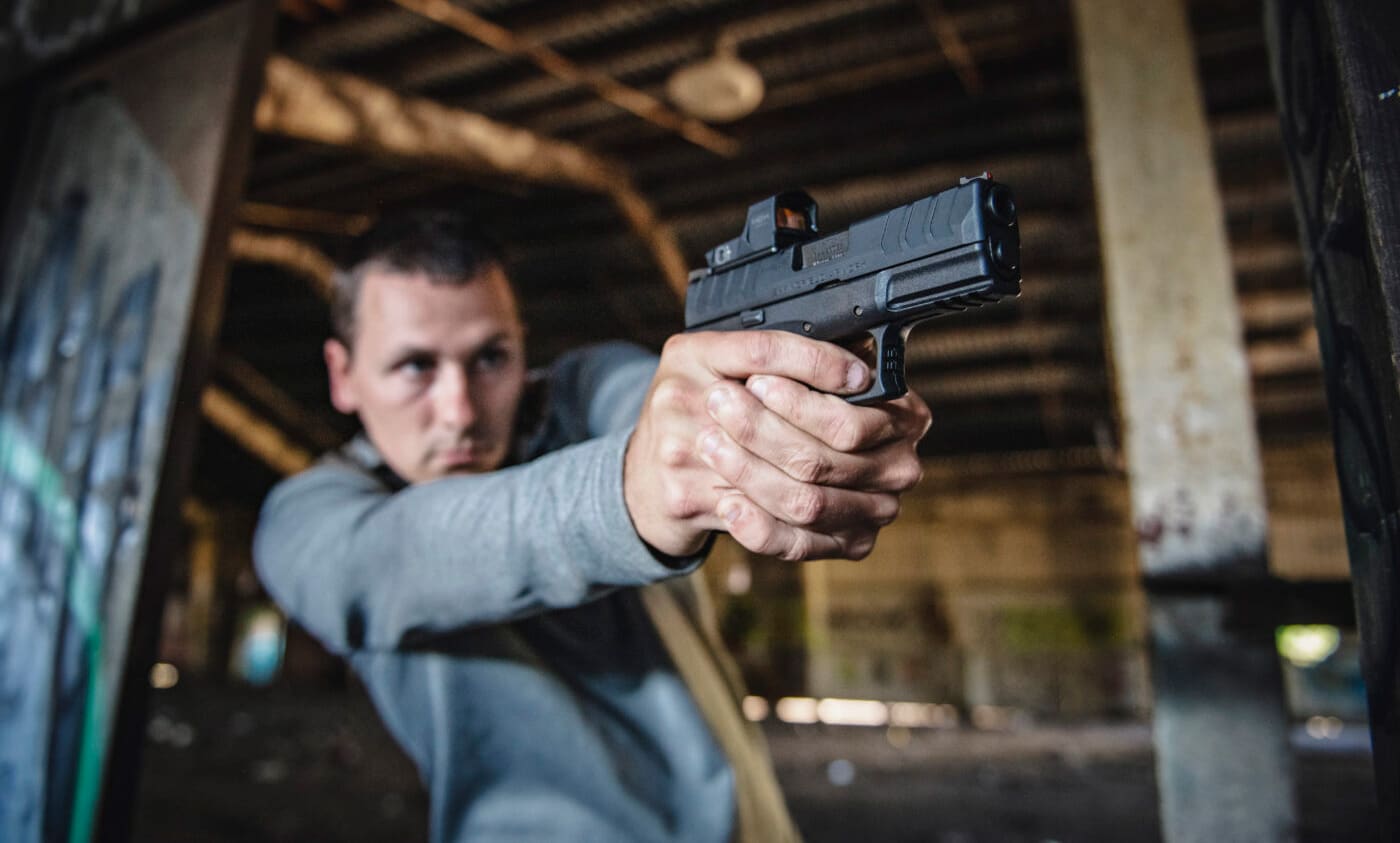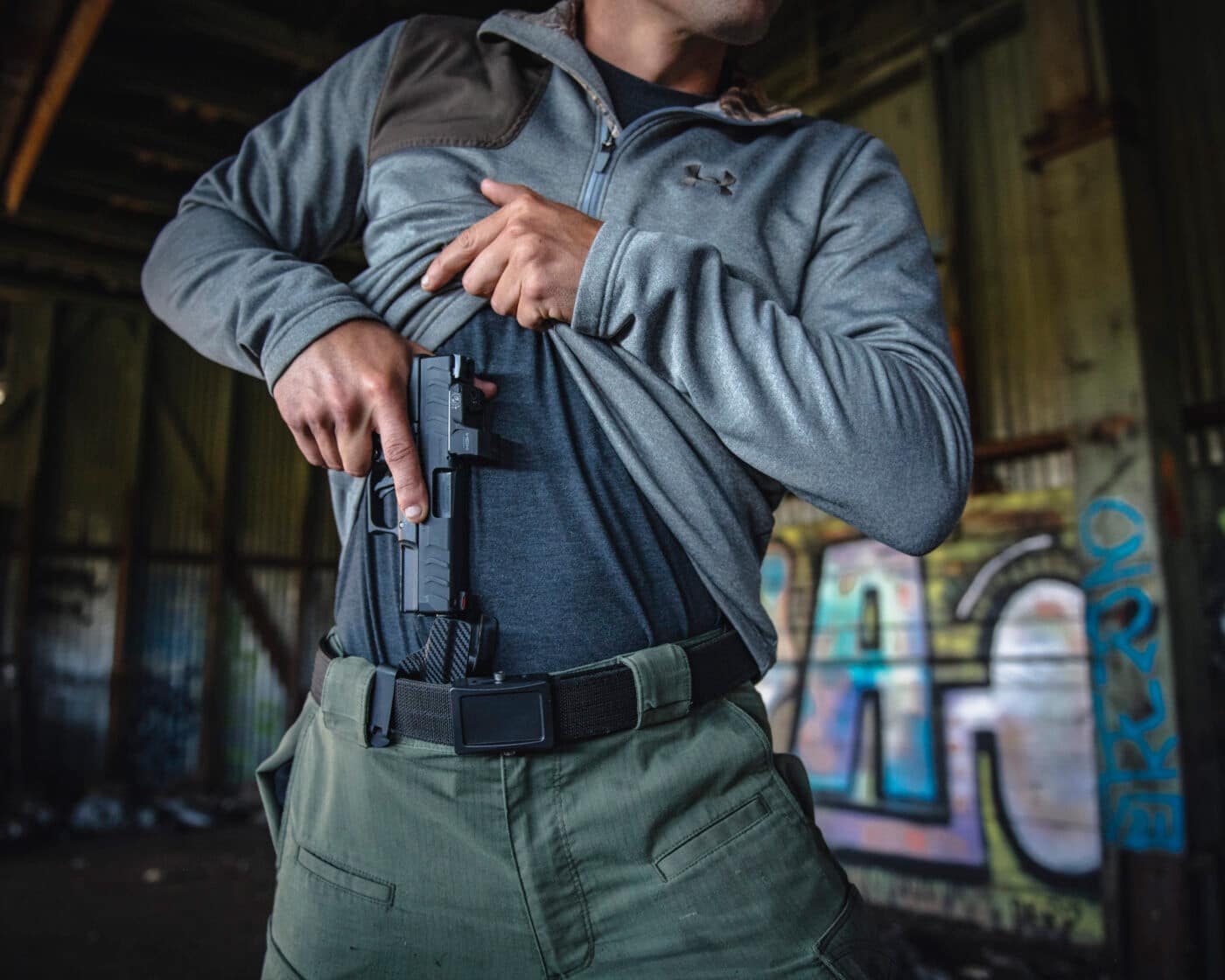Deadly Decisions: Do You Make These Mistakes?
August 11th, 2022
6 minute read
When you are trying to land a new job, you know to put your best foot forward. You want to appear well groomed, confident and capable. You want to relay a message to the interviewer that you are the right candidate for the position.

When a criminal interviews you to be his victim, what message are you conveying?
Predator Interviewing
You may not realize it, but criminals interview potential victims. Often, a predator will do a quick analysis to see if you look like a good target.
I spent years as a police officer in uniform patrol. During that time, I investigated thousands of crime victims and discovered there were many commonalities in how victims were selected. Studying these behaviors allowed me to recognize them when I encountered them in my own life — three different times.

A criminal interview generally starts with observing you. This doesn’t need to be some drawn-out process like investigators staking out a suspect’s hideout. Rather, this is often just a quick look that triggers the criminal’s mind to perceive you as a potential victim.
For example, are you walking through a parking lot with your head up and looking around? Or are you staring at your phone and seemingly oblivious to your surroundings?
If you look like a good victim candidate, the criminal may approach you for a final interview prior to attempting the crime. While the nature of the criminal act may cause variations on how this is accomplished, many predators will walk up and try to engage you in some distracting conversation.
Often, the criminal will use a seemingly innocent question to gauge your reaction. For example, he might ask “Have you got a cigarette?” or “Do you have the time?” While the question may not suggest danger to the average person, how you respond to it can determine if you will be attacked or passed over as being more trouble than you’re worth.
Mental Disruption
That question has the secondary benefit for the criminal of disrupting your mental ability to process what is going on if the subject does attack you. Essentially, your mind gets stuck on the question and has a delayed ability to process being attacked. Some readers may recognize this as “getting inside” someone’s OODA Loop.

If you are not familiar, the OODA Loop is a model developed by USAF Colonel John Boyd that can describe how one moves through the decision-making process during combat. OODA stands for Observe, Orient, Decide and Act. While Boyd’s model is much more nuanced and intricate than I am relating, suffice it to say that if you disrupt your adversary’s OODA loop, you can slow his transition to the action part of the sequence.
That simple question you are asked can send your brain down one decision making path. As you are trying to answer the question, the criminal can act and your brain has to play catch-up to the new information coming in. This might mean you are caught flat-footed and well on your way to being victimized.
Preventing and Recognizing the Danger
The easiest way to avoid most problems is to avoid places, people and events that are likely to generate criminal behavior. If you think about it, you’re unlikely to get jumped in the parking lot of a bar if you are instead enjoying a beer with a couple of friends on your back deck.

Avoidance of likely trouble spots only gets you so far. When you are going about your regular day, you should walk with a purpose and appear confident. Keep your head up and be looking around. When you are sweeping the area with your eyes, practice observing people. The more you consciously watch people the better you will become at spotting unusual behavior.
A criminal who sees someone who looks alert and confident will likely select a different victim to pursue. Likewise, if you spot someone who appears to be a potential problem, you can detour around them.
Even so, a particularly brash criminal may still approach and begin the interview process. Keep in mind that someone asking you for the time or a cigarette doesn’t mean they are preparing to rob you. Yet, this is a common technique a criminal can use to determine if you are a soft target.
If you perceive the person asking the question as a potential threat, you need to loudly and forcibly tell them to back off. This does several things. First, it communicates that you are not an easy target. Secondly, it alerts other people in the area to danger. Should you need to defend yourself, you may have attracted the attention of potential witnesses who can help. Lastly, by offering a sudden, loud and unambiguous counter to their question, you may interrupt their OODA Loop.
Personal Experience
About 10 years ago, I was working nights and was at home during the day. One afternoon, I needed something at Home Depot. So, I loaded my young kids into the car and off we went.
In fairness, I probably looked like an easy mark. I was bleary-eyed and not paying close attention to what was going on around me. Additionally, I was carrying a toddler and taking another small child by the hand. I’m sure I did not look like an off-duty cop.

I stopped to snag a shopping cart from a row that was some 50 feet from the front doors. As I turned around from putting my youngest in the cart, a man skidded up on a bicycle. Using the building’s wall, row of carts and length of the bicycle, he effectively eliminated my ability to retreat from the situation. An internal klaxon began to wail a warning as I started to push one child behind me and reach for my gun with my strong hand.
The subject said, “Give me a cigarette.”
I fully knew this was a robbery in progress and in a flash saw his right hand concealed in his jacket pocket.
On that day, I was pocket carrying. As my hand wrapped around the grip of my gun, I shouted “Get the (profanity) away from my children!” He hesitated, and I knew I had disrupted his plan.
I again shouted, “Get away from us!” I was moving to draw my handgun if needed, and I saw the realization of what was going on flash in his eyes. In a heartbeat, the understanding of a role reversal dawned on his face.
At a speed I did not think possible, the would-be robber fled the parking lot on his bicycle. His eyes were wide each time he glanced back to make sure I wasn’t chasing him.

My tiredness likely increased the odds I would be selected for victimhood. When the subject rode up, he clearly intended to rob me and tested my compliance by asking for a cigarette. However, by instantly recognizing the subject’s actions for what they were, I took the initiative and turned the tables on the would-be criminal.
I urge caution. As I stated previously, not every stranger who asks you a question does so with hidden malice. You should always look at the totality of the circumstances. What can you reasonably articulate about the subject’s actions? Study human behavior and learn to articulate what you see. This awareness is one of the keys to avoiding and prevailing in a violent encounter.
Editor’s Note: Be sure to check out The Armory Life Forum, where you can comment about our daily articles, as well as just talk guns and gear. Click the “Go To Forum Thread” link below to jump in!
Join the Discussion
Continue Reading
Did you enjoy this article?

 518
518








